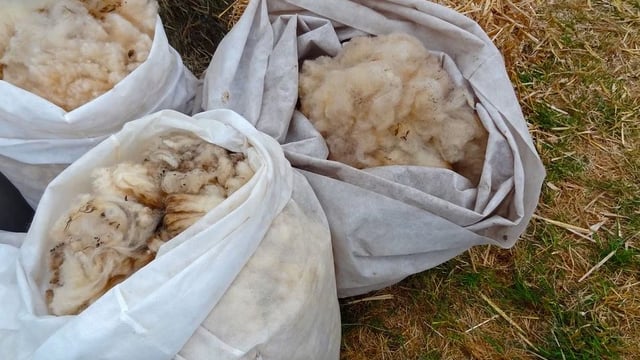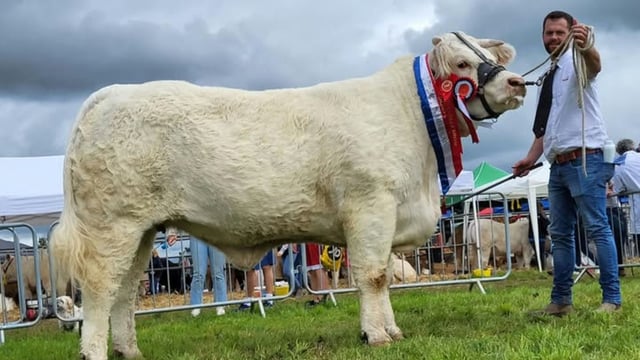Research: 'Difficult decisions' on 'whether to prioritise milk or beef output'
New research has determined there are "difficult decisions to be made on whether to prioritise milk or beef output" in Ireland.
This was stated in the publication of a research study 'Towards a Climate-neutral Land Sector by 2050' for the Environmental Protection Agency (EPA) conducted by researchers at University of Limerick with partners in Teagasc and University of Galway.
The EPA funds and commissions researchers in higher education institutions and research organisations to conduct independent scientific research on a diverse range of environmental topics.
The research determined that there is an "inescapable need for difficult decisions to be made on whether to prioritise milk or beef output (or reduce both similarly) if Ireland is to achieve climate neutrality.
The research stated that achieving climate neutrality will require all of the following actions:
- Reducing milk and beef output by 30% (or a more dramatic cut in either milk or beef output). Further reductions would be required if the below options cannot be fully implemented;
- Widespread adoption of effective abatement techniques across farms;
- Planting at least 500,000ha of new forest (on mineral soils);
- Restoring and rewetting degraded peatland;
- Raising the water table across c.300,000ha of organic soils under grassland (area subject to revision in the light of emerging evidence on the extent of effective drainage in organic soils).
The research also stated that "climate goals over the coming decades will not be achieved without active policy intervention to manage cattle numbers".
"Difficult policy decisions are unavoidable, and there is an urgent need for clear yet tactful engagement with stakeholders on the need for transformative action," the research determined.
The authority has called for "an urgent need for a tactful yet robust and fact-based conversation among key stakeholders on realistic pathways towards a genuinely sustainable land sector.
"The science, and implications for action, needs to be clearly and unambiguously communicated to farmers from trusted sources."
The report determined that whether milk and/or beef production is "displaced to regions with less efficient production systems," it would not be a "justification for [Ireland] not meeting national climate obligations".
"Milk and beef production in other countries is, or has the potential to be, at least as efficient as in Ireland," the research stated.
"Irish milk and beef exports are supported by heavy marketing of product quality and sustainability.
"Such marketing is subject to increasing scrutiny, and will ring hollow if Ireland continues to fall behind national climate targets," the research stated.





